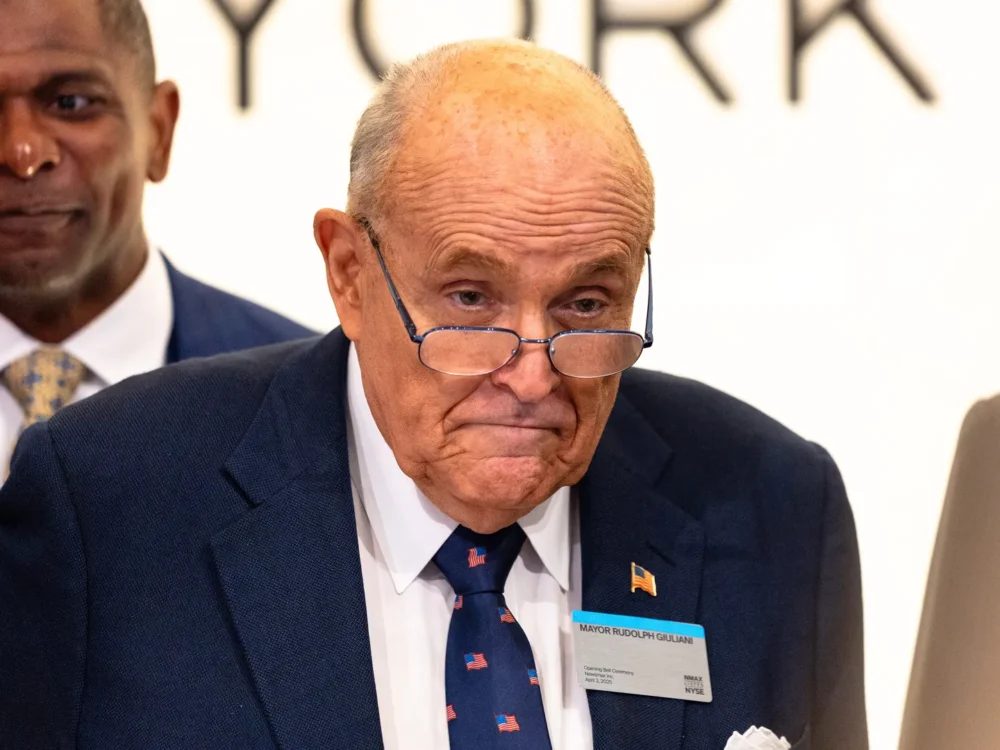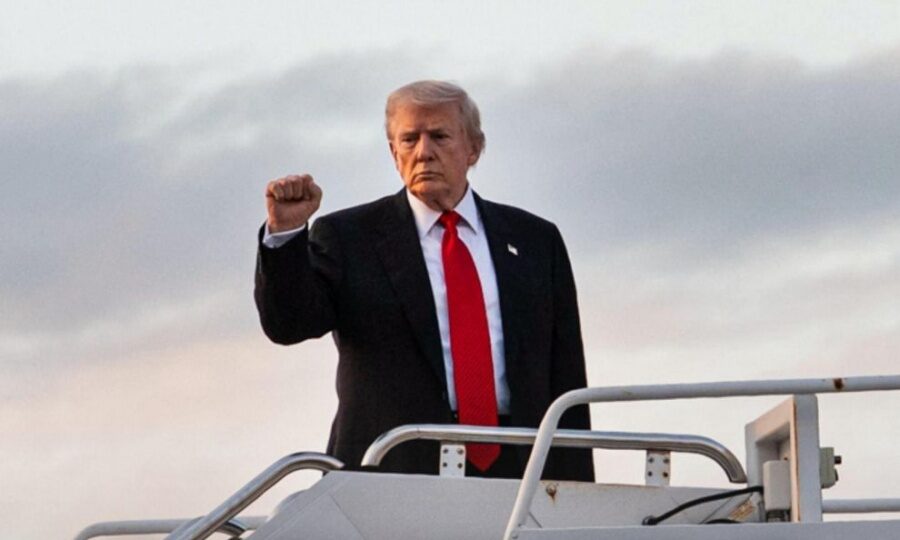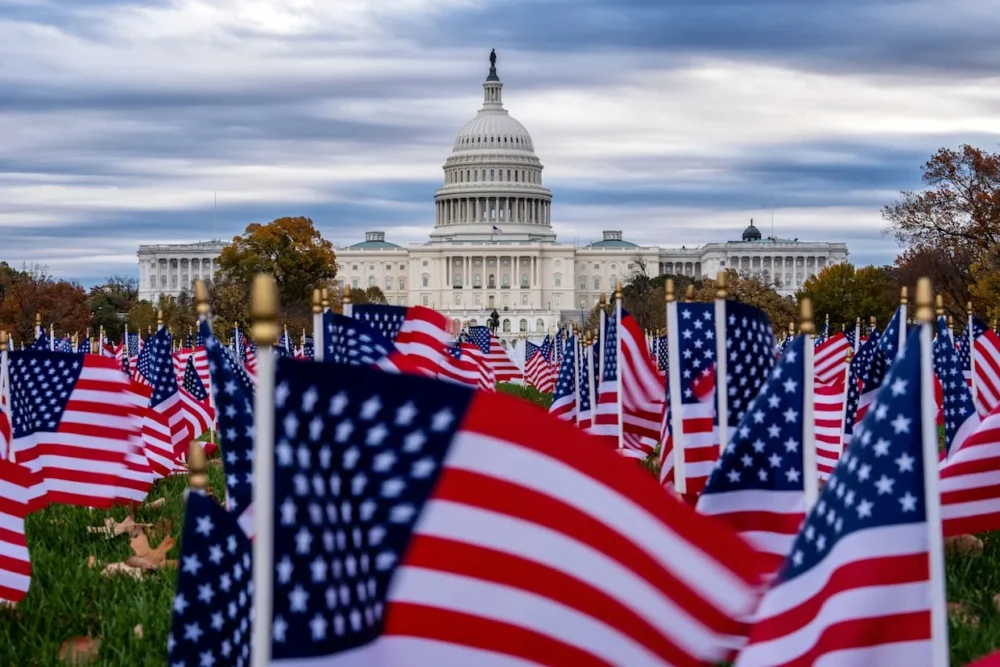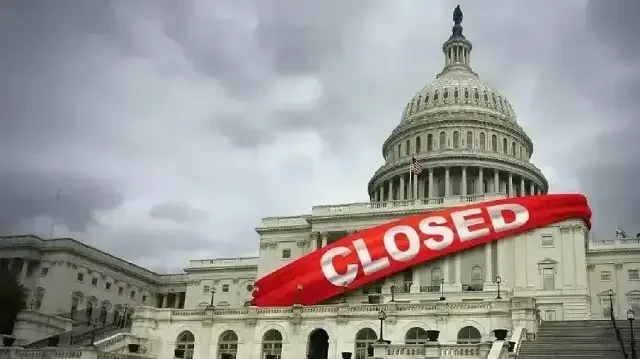Donald Trump, who previously served as US President, has issued federal pardons to his former personal lawyer Rudy Giuliani along with dozens of allies accused of attempting to overturn the 2020 presidential election. Mark Meadows, Trump’s former chief of staff, was also among those pardoned. The official proclamation described the pardons as a step to “end a grave national injustice” and promote “national reconciliation” in the country.
Several of the pardoned individuals were implicated as so-called “false electors,” accused of trying to disrupt the certification process for Joe Biden’s election victory. Rudy Giuliani faced tremendous legal and financial hardships, having been disbarred and found liable for defamation, leading to bankruptcy.
Although these pardons were widely publicized, their impact is mostly symbolic because presidential pardons only apply to federal crimes, while the allegations against most recipients were pursued at the state level. Ed Martin, from the Department of Justice, published the “full, complete, and unconditional” pardons officially. The White House press secretary commented that prosecuting people for challenging election results should not happen in America, equating such actions to those in authoritarian regimes and positioning Trump’s move as a rejection of these so-called tactics.
The pardons did not extend to Trump himself, though he has claimed the power to self-pardon, a notion that remains highly controversial and subject to potential legal dispute. Earlier, Trump had also pardoned numerous supporters charged for their roles in the events of January 6, 2021 at the Capitol. Charges and cases against other allies in states like Michigan, Arizona, Georgia, Nevada, and Wisconsin have stalled or failed, with some judges dismissing accusations of conspiracy related to election claims.
Electors are critical members of the Electoral College, which officially selects the president based on each state’s election outcome.










